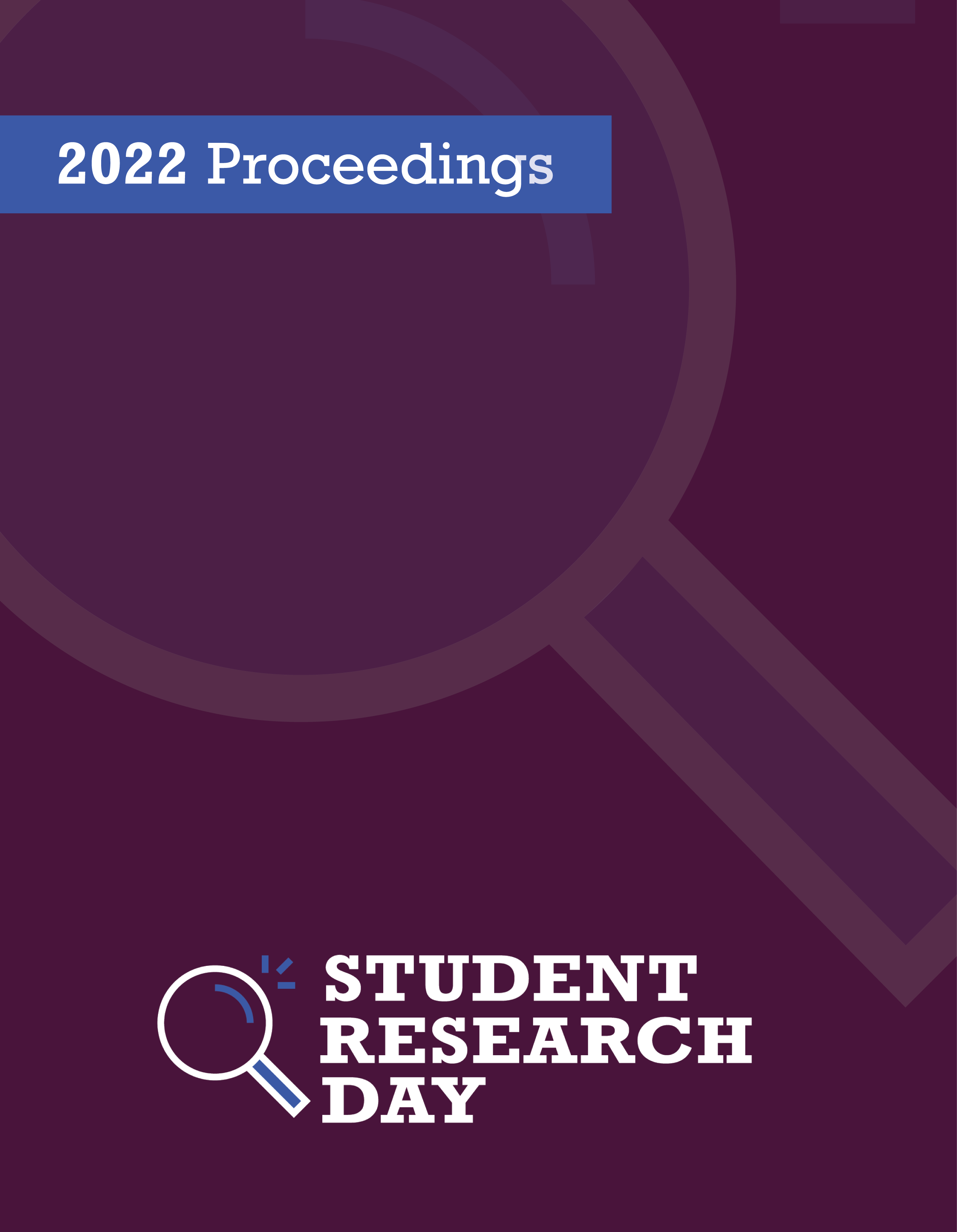Grandiosity Under Pressure: Exploring Stress Induced Fluctuations of Grandiose Narcissism
Abstract
When people experience failure, their self-views fluctuate dramatically. We explored how stressful situations may impact state narcissism. Individuals may perceive stressful situations as a threat against their competencies (e.g., failure reactivity), and thus display higher state narcissism to bolster their self-views. In Study 1, we manipulated the amount of time participants had to complete a task (i.e., 15 seconds [high time pressure] vs. 60 seconds [low time pressure]) and the type of feedback participants received on their task performance (i.e., neutral vs. harsh feedback). We found that those under high (vs. low) time pressure showed more narcissism. However, those who received harsh (vs. neutral) feedback showed less narcissism. In Study 2, we manipulated task difficulty (i.e., high vs. low) and time pressure (i.e., 15 seconds vs. 60 seconds). We found that those who had high (vs. low) time pressure and those who completed the more (vs. less) difficult task showed more frustration. However, state narcissism did not change across conditions. Taken together, narcissism may fluctuate in response to increased task pressure, but it may depend on the type of stressor. An increase in narcissism may serve to mitigate the negative impact of pressure and frustration on people’s positive self-views. However, negative feedback may instead decrease individuals’ confidence and grandiose self-views.
Department: Psychology
Faculty Mentor: Dr. Miranda Giacomin
References
Published
Issue
Section
License
Authors retain any and all existing copyright to works contributed to these proceedings.



